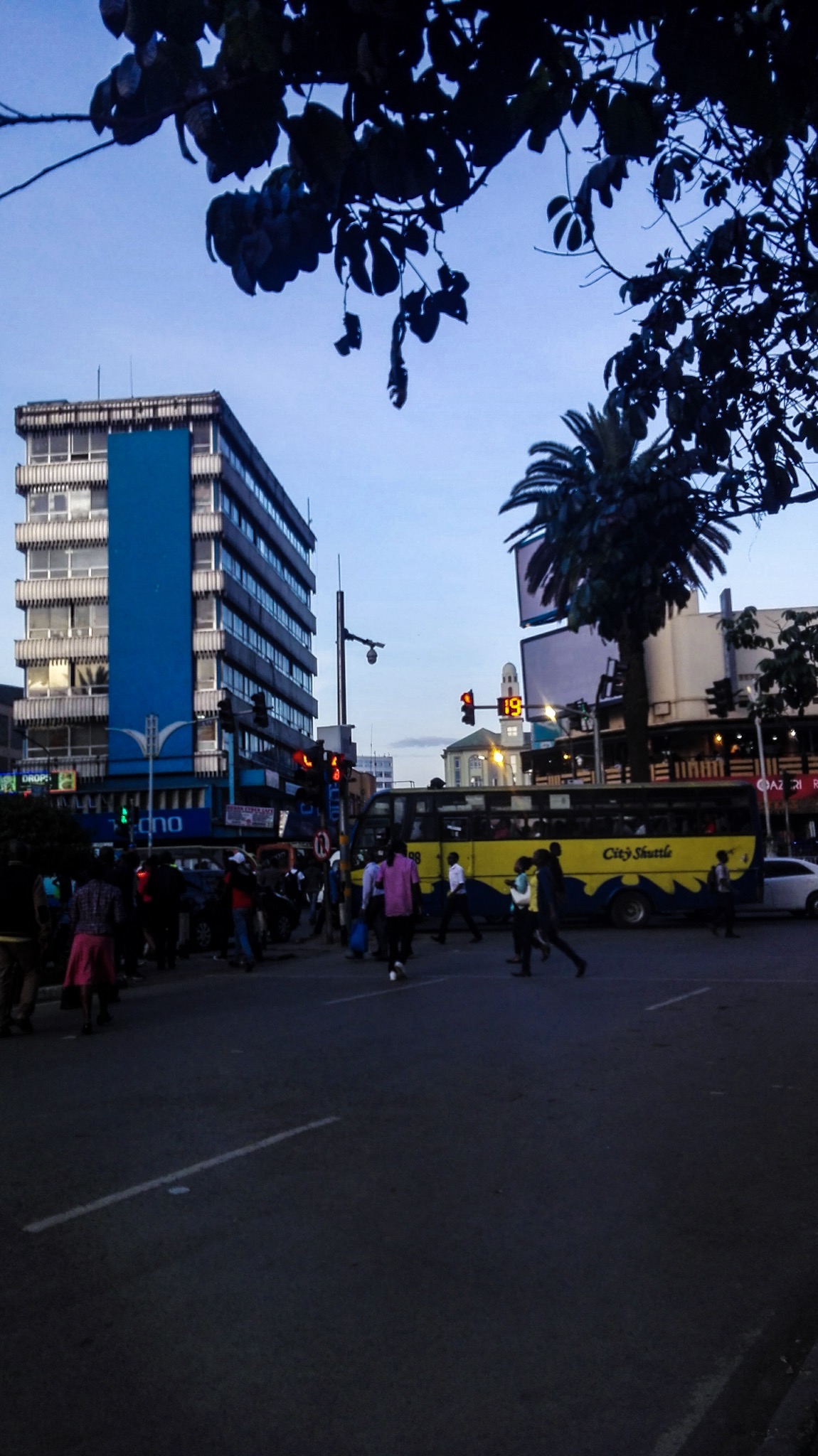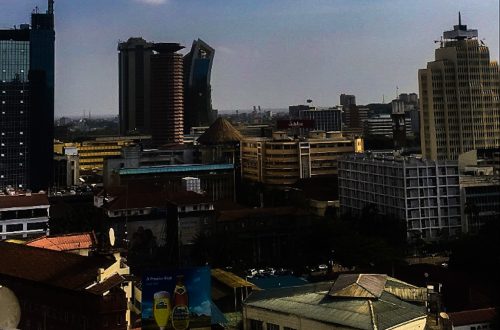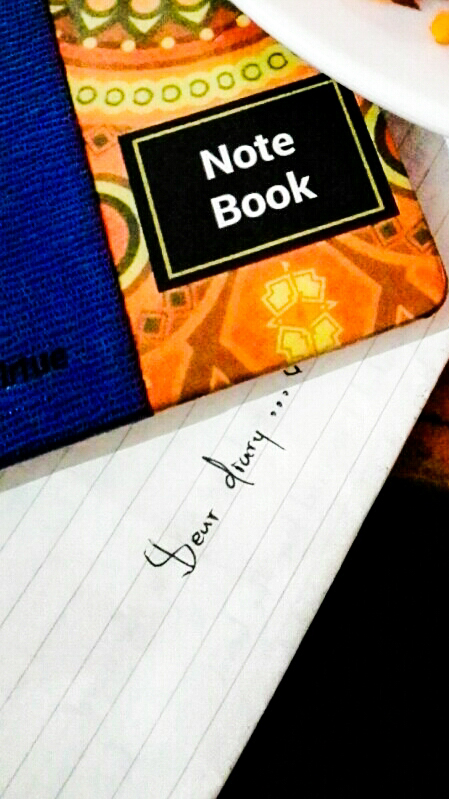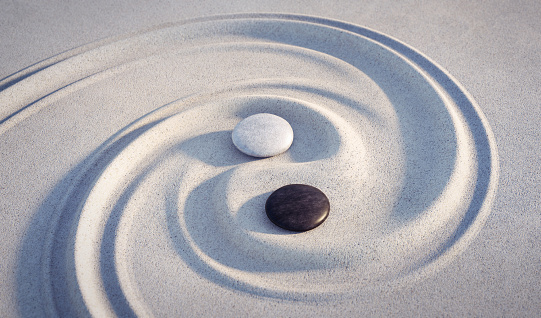
Being black in a white world
I grew up on a healthy diet of High School Musical and Glee club, I wanted to be all these beautiful ladies in the shows with blonde hair and blue eyes, it didn’t matter if they were American and I was African, for me all that needed to happen was I’d grow up have the money and all that needed fixing would be fixed. Not knowing that even that desire to ‘fix’ something to look like another visual representation was a big problem.
Now I’m all grown up and I am learning not to constantly watch American shows that sell the idea that size 4 is the way the truth and the life. I am trying to read books that don’t make me think of beauty in a unilateral manner because most, if not all the novels I read, never had a black character who stood out for me to remember them.
In my young adult life I have started consuming African content, or what seems to be it because even in the African circles there is so much American influence. For one, in my decision to wear my hair natural there are numerous products that I’m supposed to use to make it ‘natural enough’, because in the end my natural hair is still supposed to look and feel a certain way.
I keep realizing that just when I’m close to my Africanness there’s always a discovery I make that guts me. One was when I learnt that Kelly Rowland’s career suffered because of her skin color and Beyonce benefitted from being lighter. (here). It was definitely naïve of me to be shocked by this discovery but it is still the world we live in. Here at home we’ve heard that lighter skinned anchors do get more opportunities than darker ones, colourism at its best.
Speaking of, I still have issues from when the ‘Love Letter to Africa’ was shared as the remake of Lion King premiered primarily because there was no East African artist on the track and we are in Africa last I checked. Better yet now there is a movie coming out that just screams Africa it may never really make it to any of our streaming platforms like Showmax because as it was very articulately shared on our modern-day encyclopedia;
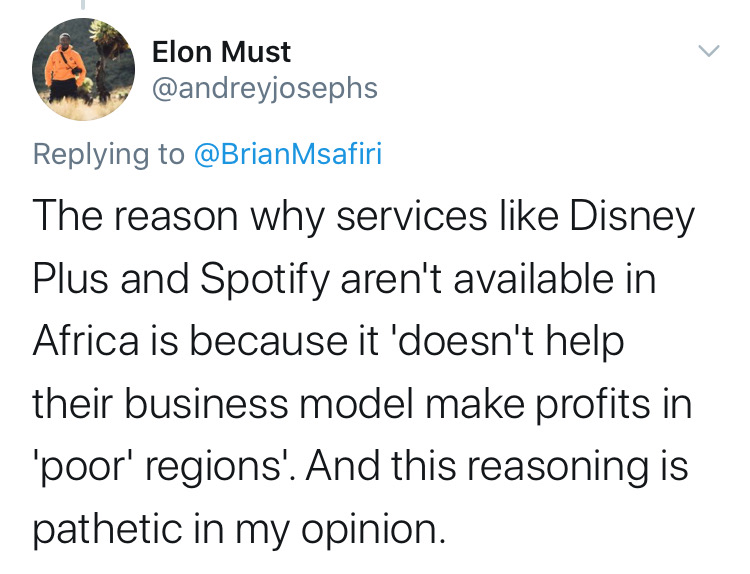
But that’s not a conversation I would even know how to start because I am still asking myself, ‘where does cultural appropriation start?’ The questions I’ve had are; is it wrong to wear wigs? It is wrong to relax hair? Is it wrong to read white authors? Is it wrong to watch a movie with a predominantly white cast? Should I not like Beyonce because she only takes various aspects of Africa and feeds them to her music? Is it unfair that I am holding her to this standard? Are we all just too sensitive these days?
Then I read an article today that felt like a gift from the heavens.
The authors, Boluwatife Akinro and Joshua Segun-Lean started a conversation last year that articulated issues so candidly and they defer to the wisdom of those before like, Chinua Achebe (read the article here). What I loved from this was the following;
They argue that the story in the Lion King is symbolic of the African struggle. (I bring it home to Kenya considering I learnt that Hell’s Gate was an inspiration for the movie Lion King with barely any credits to us. It’s all usually packaged as a tourist destination but that’s a story for another day).
‘So does this mean we are to assume that this story—of a young lion whose destiny is stolen by his wicked uncle and his journey to reclaim it—would capture Africans’ existential struggle of living in a state of development, stunted by European colonialism and its continuous manifestations?’
And add to it words of the great author Chinua Achebe asking;
“can nobody see the preposterous and perverse arrogance in thus reducing Africa to the role of props for the break-up of one petty European mind?”
This is all in a conversation where for Africa to be well received and respected in the West it has to be sanitized as sold as a tourist destination or in as a powerful continent in movies such as Black Panther as if being African is not enough to command respect and dignity. If anything, we constantly have to defend that we are civilized (and no longer living in trees) since history books taught that this was from the west. We later learnt that communities that lived in Gede ruins, Watamu Kenya had long figured out indoor plumbing. The image fed out there is we are a big country dying of starvation and poverty. But I digress, one final thing I loved from the article were the words of the great author,
But Achebe was well-aware of the pitfalls of this tendency [stated]
I do not see that it is necessary for any people to prove to another that they build cathedrals or pyramids before they can be entitled to peace and safety. Flowing from that, I do not believe that black people should invent a great fictitious past in order to justify their human existence and dignity today.
This article and writing is a pure work of art!
Today, I am still pained by the thought that Hakuna Matata is trade marked somewhere yet it is from the Kiswahili language. I am astounded by the fact that the Maasai Shuka was once appropriated by Louis Vuitton. I don’t even know what I feel about the kiondos at this point. There is so much stealing of resources from Africa even though we are ‘no longer colonized’. It doesn’t matter that these are aspects of Traditional Knowledge and are protected by law.
Sometimes I think we are black people living in a white world, even while in Africa. We may not know it but it’s been programmed into us from the start.
You can tell from when you were encouraged to speak frequently in English and rewarded when you formed a coherent sentence. Trevor Noah shares this in Born A Crime when he says he would be asked to pray because he could pray in English and God would hear their prayers. and only in your adult life are you struggling to learn your mother tongue.
You can see it when you give someone with a ‘degree’ an audience on what they have to say but someone with a certificate in wood work can’t articulate issues in the same fashion.
You can feel it when you pick a Western brand at the mall and don’t even give the Made in Kenya section a second look because we don’t believe in our own products. Why else do we run to Toy market for affordable brands that are second hand instead of rebuilding our own textile industries that were once renown in the world over? As my father would say,
we have accepted to be treated as second class people.
We would rather that than have the have the tough conversation of how to continually Buy Kenya and Build Kenya.
It is our fault that we are in this position of so much perversion and unfortunately as Kenyans, we do what we know best… we accept and move on. This is not to say I am oblivious of the fact that there are efforts to do better. I say this more so knowing I am at the heart of the issue. I continually acknowledge we have so much access and power at the touch of a button. We can consume all sorts of toxicity or acquire knowledge and information beyond our wildest dreams.
With that I can only hope in this vast breadth of power we can stop, look in the mirror and purpose to unlearn, learn and relearn what it means to be African in the 21st century not just for us but for the future generation that will be unapologetic about speaking their native language at a UN summit and requiring the rest of the world to get a translator as we do when various delegations speak German, French and even Mandarin and no one sees them as less intelligent or dare I say primitive!


